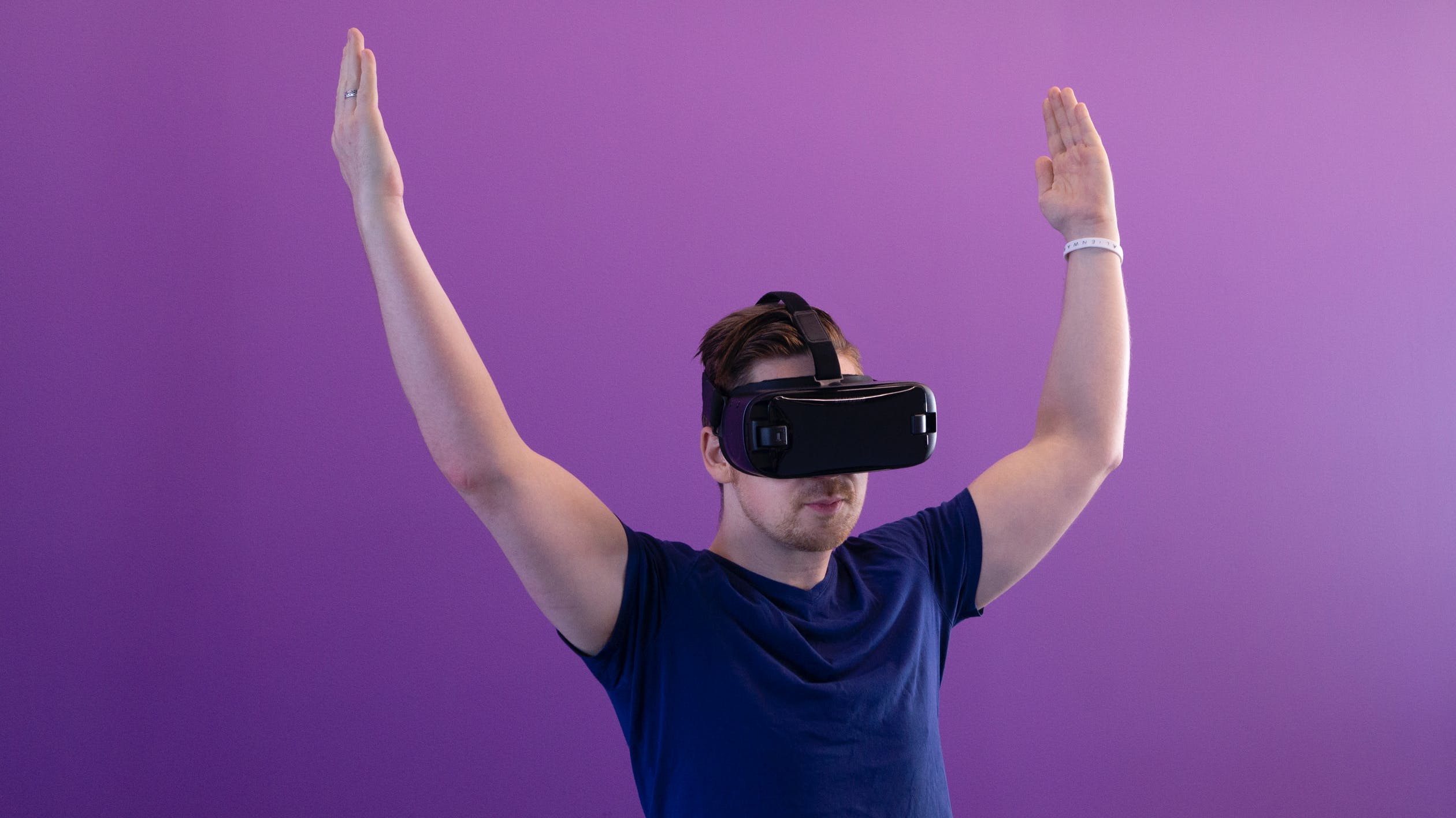Sarah Ronald

Sarah is an entrepreneur and investor in early start-ups. She is the Founder of Nile, an award winning Service Design firm. Additional appointments have included, an elected Executive member of the British Interactive Media Association (BIMA), advisor to the Scottish Financial Fintech Strategy group, the Design Council and Number 10 Downing Street Digital Advisory Board. Her main areas of focus include, use of new technologies to improve the way we live and work, and the need to evolve company cultures to achieve sustainable change. She has been involved in designing future-proof currency for two countries, launched the first emergency cash service in Europe, and pioneered the world’s first digital health and symptom checkers. Her background is in human-computer interaction and behavioural psychology, and she has also served as a digital advisor to the British government. Sarah holds an MA in Psychology from the University of Aberdeen and an MSc in Human Computer Interaction from the Heriot-Watt University.

Inclusive design isn’t a job for an accessibility team any more. This is for everyone.

Automation is perceived as a cost-saving shortcut, but until we can design better conversations with machines, firms can’t rely on robots to build trust in their services.

Becoming an intelligent enterprise isn’t a question of how much data or how accessible it is. It’s a question of how prepared your culture is to embrace it.

Building on Scotland’s early success in the sector means attracting new investors, narrowing the focus, and reaching across borders.

Gimmicky applications of virtual and augmented reality make the headlines all too often. This year, the biggest challenge for the immersive tech industry is to move beyond escapism and start designing genuinely useful virtual experiences.

Billionaires are battling it out to make history in today’s new space race. But what can space colonies teach us about improving the public sector here on earth and how can design teams take practical advantage?

Technology is offering groundbreaking new opportunities for ambitious businesses – but outstanding design and a sharp focus on the customer are what will set brands apart in the years to come.

Regulations often hinder innovation rather than boost it, but PSD2 could radically change the relationship between banks and consumers — one where trust is everything.

Disruptive technologies like blockchain are redefining how organisations are structured and unearthing fresh opportunities for innovation in service and experience design.

The UK government is getting serious about blockchain, and the future of fintech could be the key to delivering better public services.
By visiting our website you agree that we are using cookies to ensure you to get the best experience.
We use cookies to ensure you to get the best experience on our website. If you decline the use of cookies, this website may not function as expected.
Tools used to analyze the data to measure the effectiveness of a website and to understand how it works.